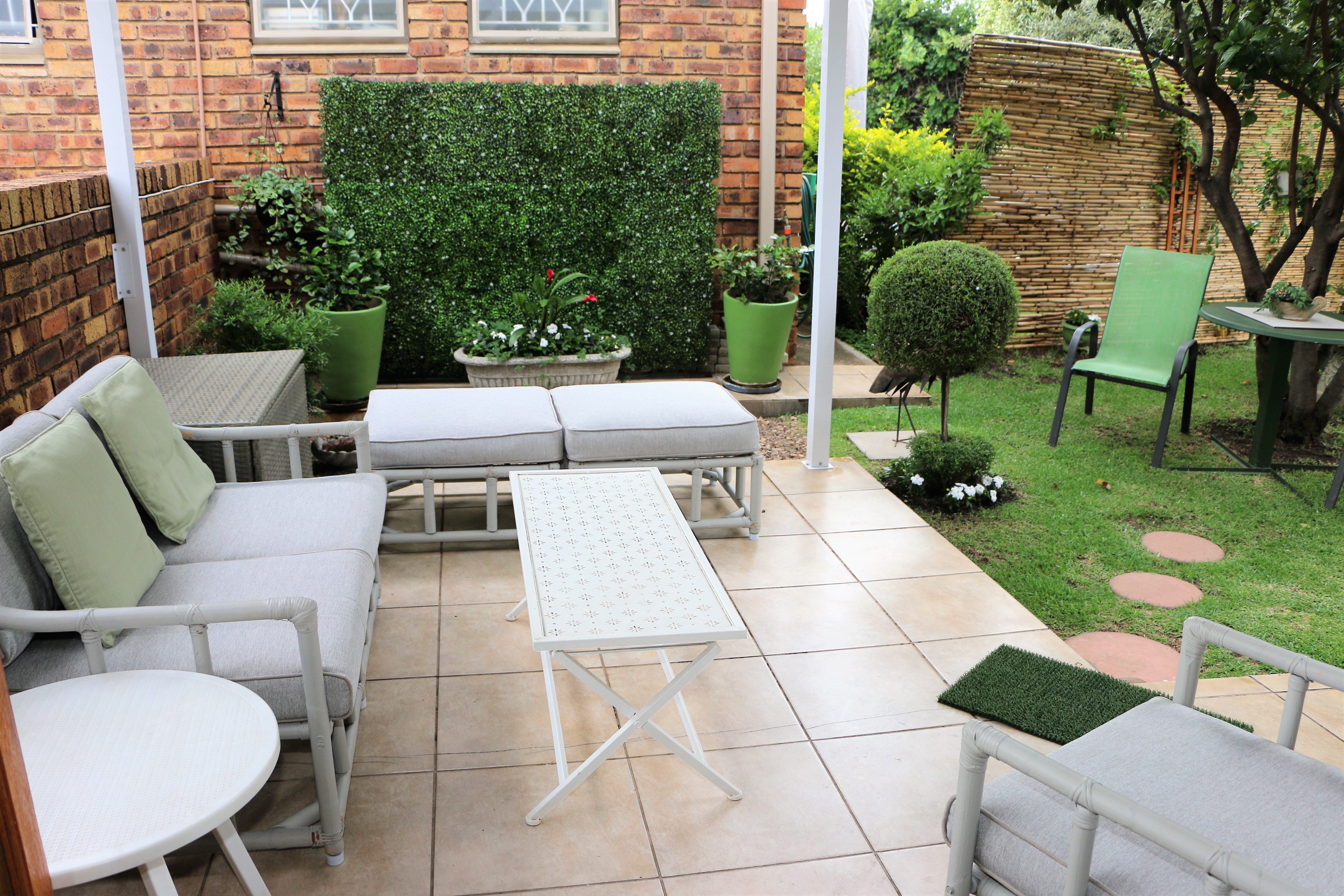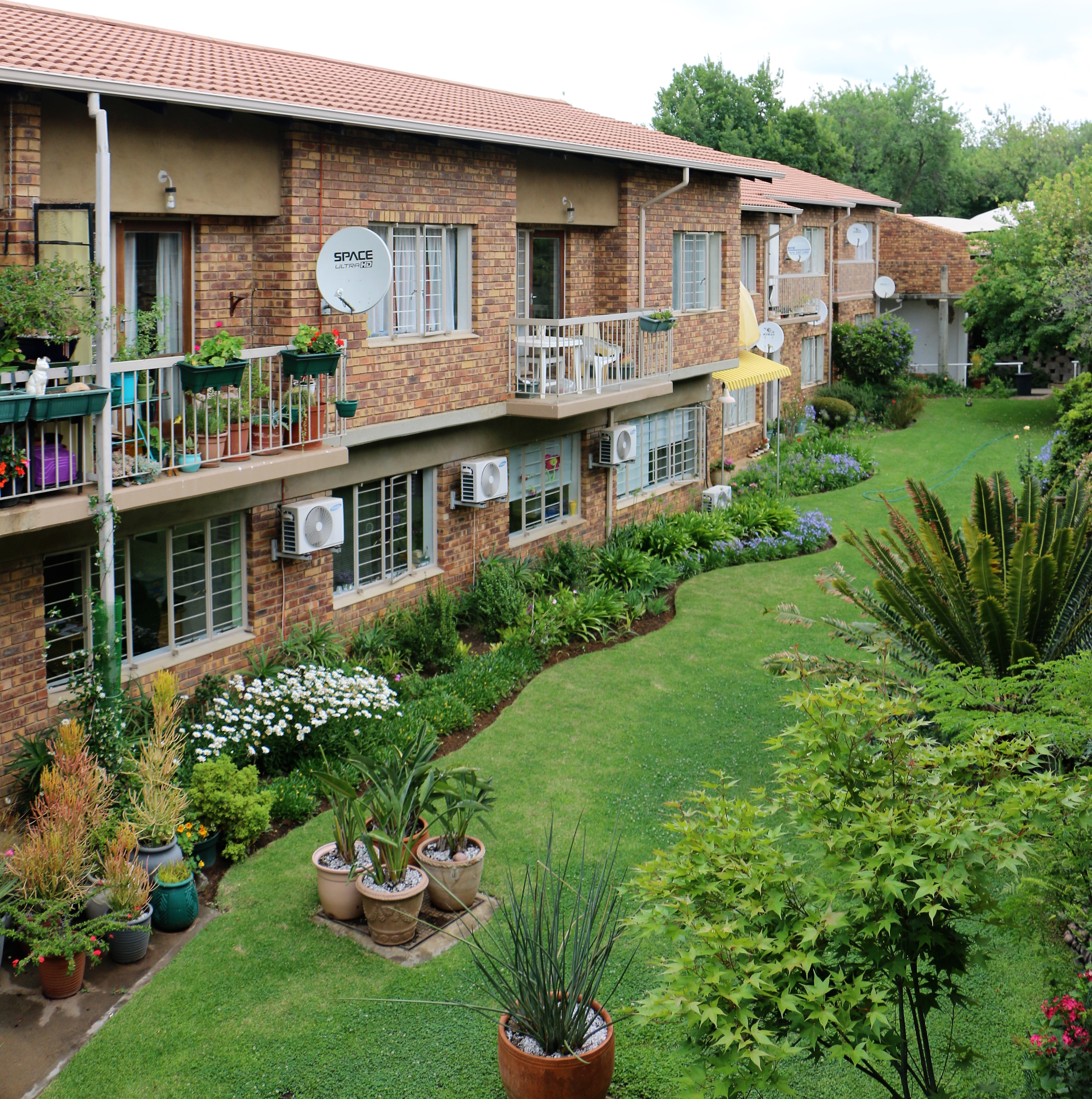SPONSORED CONTENT
Making the autumn years caring, comfortable and fulfilling

Methodist Homes is an affordable option for the elderly
People are living longer and many can still perform well in their working environments, but may, due to the current economic climate or other reasons, be pushed into retirement or early retirement while possibly still ill-prepared to afford it. It is also a sad fact that for some, their work is such an important part of their lives that they find the adjustment very difficult and may pass away or suffer deteriorating health earlier than they should.
This underlines the importance of having a solid retirement plan that can add quality of life, and it’s also where the role of retirement villages fits in.
So many social responsibility programmes focus on education and the younger generation that the aged — the storytellers and keepers of our history — are sidelined. Insufficient attention is given to upgrading and improving old age homes and caring for the elderly, particularly in government or donation-dependent centres.
“Businesses in different sectors, and not just retirement businesses, can do more to support the elderly community in potential start-up business concepts through corporate social responsibility (CSR) in order to enable incomes in our broken economy,” says Carl Queiros, chief executive officer of Methodist Homes. “We do have a number of residents who are still actively employed, and we believe that businesses across the country could make use of the vast experience that has been gained by the elderly, even if only on a contractual or part-time basis.
Financial education
“It would be unreasonable for me to generalise on whether companies are doing enough to assist in the care of the aged, as companies’ CSR objectives are at their own discretion. However, I would like to advocate for more assistance and compassion for our elderly communities,” says Queiros.
“It cannot be ignored and it’s sad to acknowledge that services which should be delivered from our taxes are often not. It’s even more sad that there are huge financial challenges such as inflation inhibiting saving for retirement at this time. Through financial education, I hope that the younger generation can take saving up for retirement much more seriously, as it does have an impact in the long run. We can only keep positive that the unemployment statistics in South Africa do take a turn for the better.
“Research on what the future could look like is important and free education on financial literacy is available on such platforms as YouTube, podcasts and webinars,” continues Queiros. “The earlier someone starts retirement planning, the better — the early thirties is ideal — and not forgetting getting into the habit of saving.”

“We are also aware that the high cost of utilities is felt by all citizens of South Africa. Unfortunately, this does result in some citizens being displaced due to unaffordability. There are municipal-managed facilities that can assist and when Methodist Homes receives queries from such displaced individuals; we gladly make referrals to them.
“The reality is that some displaced individuals are taken in by family members who have taken on the financial responsibility of their loved one. Some are subsidised by the government at an older persons’ residential facility, for which they need to apply and be screened.
“Sadly, in too many cases we have encountered elders who either have no living immediate family or whose family have all emigrated. Our care staff often are the ‘adopted family’ for such residents and provide the regular personal interaction needed to keep the residents comfortable. In cases where the families are abroad, Methodist Homes facilitate regular contact with loved ones by providing social media contacts such as WhatsApp Video chats.
“Methodist Homes also has a Foundation Trust, which is able to assist those long-term residents who find themselves in financial difficulty due to the lack of a family support structure and depleted or reduced income.”
Quality care
Asked what advice he would have for those nearing retirement in terms of choosing where to spend their autumn years, Queiros says he believes it is important that those looking at retirement homes consider their quality of care.
“At Methodist Homes, we strive to offer the best quality care to our residents and consider ‘care’ as one of our unique selling points. With 50 years of service under our belt, Methodist Homes is the gold standard in high-quality, good-value accommodation for seniors.
“We ensure that our residents receive quality care through the professional and friendly nursing staff that we hire. We also make sure that we provide adequate security through CCTV cameras and reputable security companies because it’s very important that the elderly are housed in facilities where they feel safe.
“When choosing Methodist Homes as a retirement option, it’s not necessarily about buying property but primarily buying care, security, as well as buying into a community.
“It’s also of great benefit to the elderly that they select a retirement facility where they will receive the stimulation required in order to avoid boredom and loneliness, which are two of the greatest threats to their well-being.
“Basic social activities on offer at retirement villages should definitely include physical exercise where possible, but also offer substantial cognitive therapy. In our villages we have found that the traditional activities such as bingo, knitting clubs and line dancing are very well received, but the newer generation of residents also expect more modern interactive activities. Such activities could include movie clubs, yoga lessons, Tai Chi classes, cooking classes or computer literacy courses.”
Pertinent questions to ask before choosing a retirement village, Queiros says, should include important necessities such as diet, services offered such as frail care and mid care, nursing staff ratios, as well as daily and weekly activities that could benefit a resident physically and mentally.
“I would definitely advise the prospective resident and their family members to be conscious of the number of years that a particular village or group has been in existence, as this speaks volumes in terms of service. It’s important that potential retirees select a facility that is correctly governed by the Department of Social Development, is a stable organisation financially and has a sound track record of caring for the elderly.”

Mental health
Another issue is moving into a village where a pet or pets will be unable to be with their owners, and end up being put down or given to family or friends. The distress is felt by both the animals and their owners.
“Methodist Homes prescribes to the Eden Alternative, which is very much in favour of pet therapy,” says Queiros. “Many of our Methodist Homes’ villages are pet-friendly and, provided the accommodation is suitable, residents may bring with them their beloved pet. This is obviously dependent on the suitability of the particular unit being occupied by the resident.
“The mental health of all our residents is of paramount importance. Although we are still not Covid clear, we are doing our utmost to address the negative impact of isolation and advocating and encouraging social interaction.
“The benefits and beauty of choosing to invest and live at Methodist Homes include good value for money, affordable care and services. The options of investing in a life right unit are also a safe investment, with prospects of a growing portfolio in the property market.
“Methodist Homes has a minimum age of 60 years for admission, but there is no maximum age limit; our age demographic varies, and the care covers all ages and health states. All elderly over the age of 60 years are welcome at Methodist Homes,” concludes Queiros. DM/ML

















A good source of education and social interaction is U3A. It is an international organisation which ctars for the retired. Go to http://www.u3a.org.za/U3A_JNB/JNB.htm